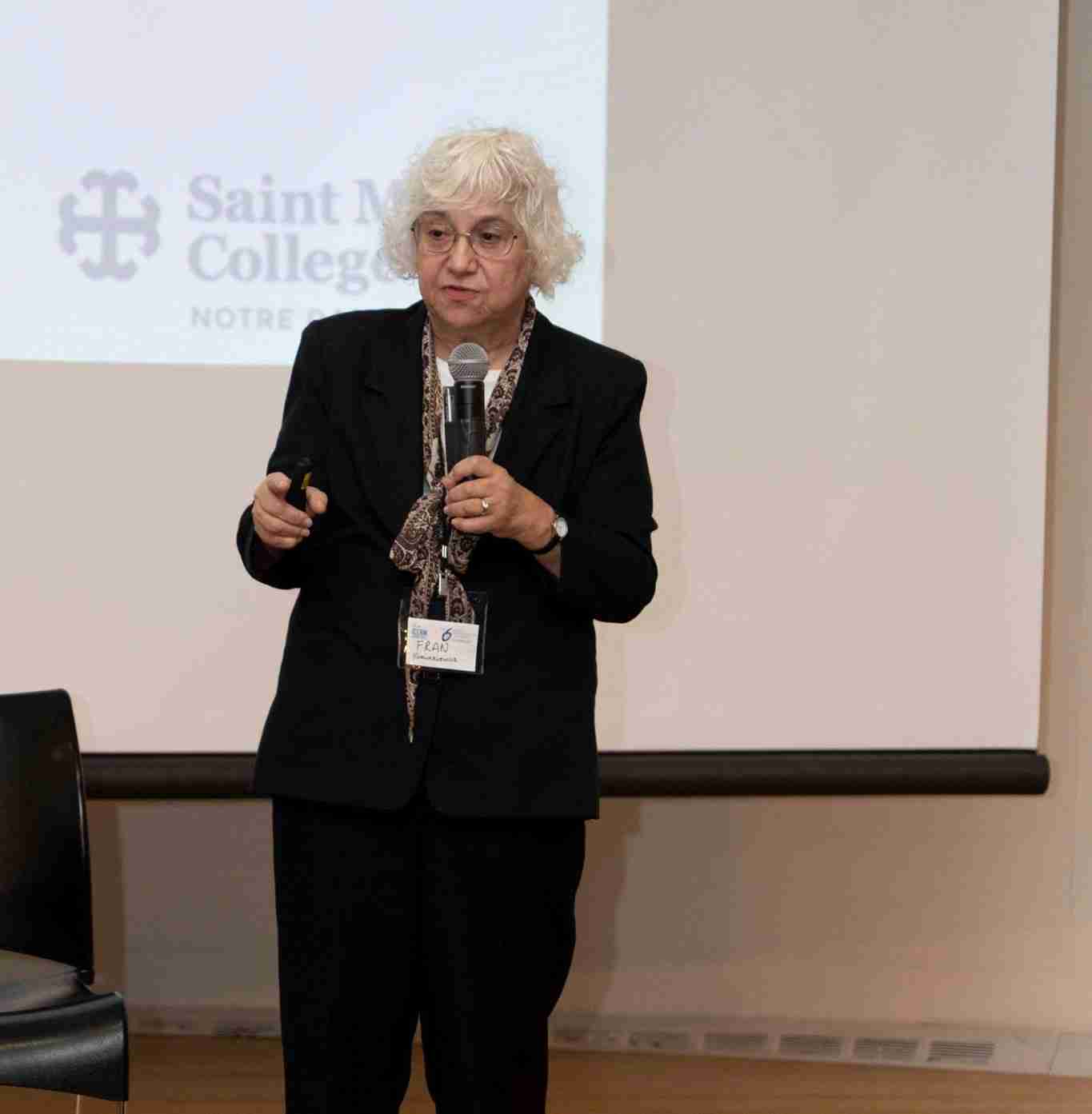Ethnic and Religious Identities Shaping Contestation for Land Based Resources: The Tiv-Farmers and Pastoralists Conflicts in Central Nigeria until 2014
Abstract:
The Tiv of central Nigeria are predominantly peasant farmers with a dispersed settlement intended to guarantee access to farm lands. The Fulani of arid northern Nigeria are nomadic pastoralists that move with the annual wet and dry seasons in search of pastures for the herds. Central Nigeria attracts the nomads due to available water and foliage on the banks of Rivers Benue and Niger; and the absence of tsetse fly within the central region. Over the years these groups have lived peacefully until in early 2000s when violent armed conflict erupted between them over access to farm land and grazing areas. The analysis of documentary evidence, interviews and focus group discussions and participant observation reveals that the conflict is due largely to population explosion, the shrinking economy, climate change, non-modernization of agricultural practice and the rise of Islamization tendency. The modernization of agriculture and the restructuring of governance hold the promise to improve inter-ethnic and inter-religious relations.
Read or download full paper:
Journal of Living Together, 4-5 (1), pp. 136-151, 2017, ISSN: 2373-6615 (Print); 2373-6631 (Online).
@Article{Genyi2017
Title = {Ethnic and Religious Identities Shaping Contestation for Land Based Resources: The Tiv-Farmers and Pastoralists Conflicts in Central Nigeria until 2014}
Author = {George A. Genyi}
Url = {https://icermediation.org/herder-farmer-conflict-in-nigeria/}
ISSN = {2373-6615 (Print); 2373-6631 (Online)}
Year = {2017}
Date = {2017-12-18}
IssueTitle = {Living Together in Peace and Harmony}
Journal = {Journal of Living Together}
Volume = {4-5}
Number = {1}
Pages = {136-151}
Publisher = {International Center for Ethno-Religious Mediation}
Address = {Mount Vernon, New York}
Edition = {2017}.



